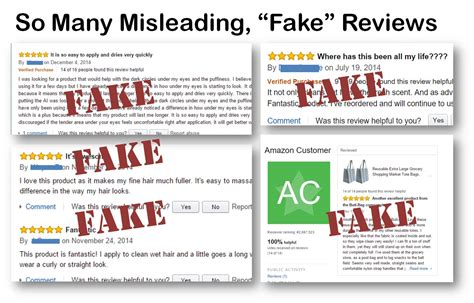How Consumer Reviews Can Indicate a Fake Product
1. What are the key signs of fake product reviews?
Identifying fake product reviews can be challenging. However, there are several key signs to watch for:
- Excessive Enthusiasm: Reviews that are overly positive without specific details may be suspicious.
- Generic Language: Vague comments that could apply to any product are often a red flag.
- Timing of Reviews: A sudden influx of positive reviews in a short period can indicate manipulation.
- Reviewer Profiles: Profiles with multiple reviews for different products from the same brand can signal fake reviews.
Research indicates that legitimate reviews often include personal experiences, which fake reviews typically lack. Watch out for:
| Sign | Description |
|---|---|
| Excessive Enthusiasm | Overly positive without specifics |
| Generic Language | Vague comments that could apply anywhere |
| Timing | Sudden influx of reviews |
| Reviewer Profiles | Multiple reviews for the same brand |
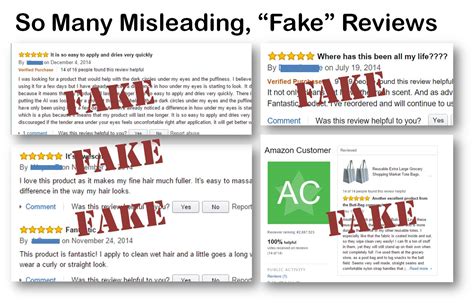
Additionally, consider the content of the reviews:
- Look for detailed descriptions of the product’s performance.
- Check for the use of technical jargon that reflects real user experience.
- Consider the balance in reviews; overly positive or negative reviews may not be genuine.
In summary, recognizing the signs of fake product reviews requires critical thinking and careful evaluation.
2. How can you differentiate between genuine and fake reviews?
Differentiating genuine reviews from fake ones involves several strategies:
- Analyze Language: Genuine reviews typically contain varied language and specific experiences.
- Check Reviewer History: A legitimate reviewer often has a history of reviewing various products.
- Look for Photos: Reviews that include real images of the product tend to be more trustworthy.
Using a checklist can help:
| Criteria | Genuine Review | Fake Review |
|---|---|---|
| Detail | Specific product experiences | Vague statements |
| Language Variety | Natural and varied vocabulary | Repetitive phrases |
| Reviewer Activity | Multiple reviews over time | High volume of reviews in a short span |
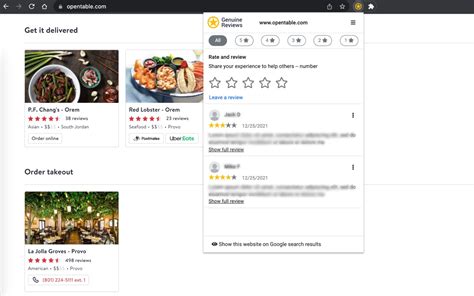
Moreover, tools and websites exist that can help assess the authenticity of reviews. These platforms analyze review patterns and provide insights into potential fakes.
By utilizing these methods, consumers can make informed decisions and avoid falling victim to counterfeit products.
3. Why do companies post fake reviews?
Companies may resort to posting fake reviews for several reasons:
- To Boost Reputation: Positive reviews can enhance a product’s marketability.
- To Drown Out Negative Feedback: Fake reviews can obscure real negative experiences.
- To Manipulate Rankings: Many platforms rank products based on user ratings, influencing visibility.
This unethical practice can have serious repercussions:
- Loss of consumer trust.
- Potential legal consequences.
- Damage to brand reputation if uncovered.
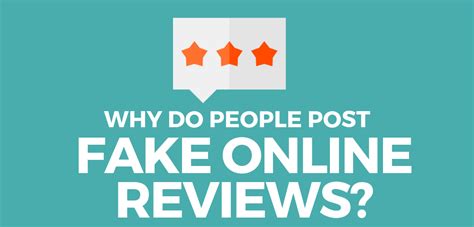
Understanding the motivations behind fake reviews can help consumers remain vigilant. Moreover, regulators are increasingly cracking down on deceptive marketing practices.
Being aware of these tactics can empower consumers to critically evaluate reviews and choose wisely.
4. What impact do fake reviews have on consumers?
Fake reviews can significantly affect consumer behavior:
- Misinformation: Consumers may make poor purchasing decisions based on deceptive reviews.
- Financial Loss: Purchasing a subpar product can lead to wasted money.
- Loss of Trust: Over time, widespread fake reviews can erode trust in online shopping platforms.
To illustrate the impact, consider the following:
| Impact | Description |
|---|---|
| Misinformation | Incorrect product evaluations |
| Financial Loss | Consumers purchasing fake or defective products |
| Loss of Trust | Distrust in the reliability of product reviews |
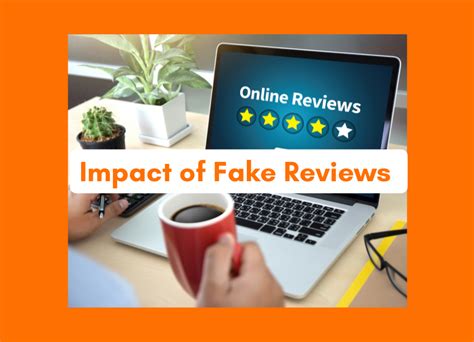
It’s crucial for consumers to recognize that their purchasing decisions can be influenced by fake reviews, leading to potential dissatisfaction.
To mitigate this, conducting thorough research and relying on verified sources can be beneficial.
5. How can platforms combat fake reviews?
Platforms are increasingly aware of the challenges posed by fake reviews and are implementing measures to combat them:
- Enhanced Verification: Many platforms now require verification of purchases before allowing reviews.
- Advanced Algorithms: Utilizing AI to identify patterns indicative of fake reviews.
- User Reporting: Allowing users to report suspicious reviews for further investigation.

Additionally, educating consumers on recognizing fake reviews empowers them to be more discerning:
- Encouraging detailed feedback from users.
- Highlighting the importance of verified purchases.
- Providing transparency on review policies.
By employing these strategies, platforms can improve the reliability of reviews and foster a safer shopping environment.
6. What should consumers do if they encounter fake reviews?
When encountering fake reviews, consumers should take specific actions:
- Report Suspicious Reviews: Most platforms allow reporting of fake reviews.
- Research Further: Look for additional information on the product from credible sources.
- Share Experiences: Write honest reviews to balance out misleading information.
Consumers can also consult expert reviews or professional reviewers for an objective perspective:
| Action | Benefit |
|---|---|
| Report Reviews | Helps platforms maintain integrity |
| Research | Informed purchasing decisions |
| Share Experiences | Encourages transparency |
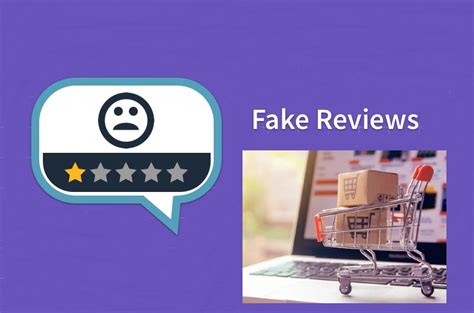
By taking these steps, consumers can help mitigate the effects of fake reviews and contribute to a more trustworthy review ecosystem.
7. Can legal action be taken against fake reviews?
Legal action against fake reviews is possible, although it can be complex:
- Defamation Claims: If a fake review damages a company’s reputation, legal action may be warranted.
- False Advertising: Companies may pursue cases against those who post fake reviews.
- Consumer Protection Laws: These laws can provide avenues for consumers to seek justice.
Here are some key considerations:
| Legal Aspect | Description |
|---|---|
| Defamation | Claims made about false information |
| False Advertising | Misleading claims through fake reviews |
| Consumer Laws | Protecting against fraudulent practices |

While legal recourse is available, it can be time-consuming and may not always yield favorable results. Consumers should weigh the options carefully.
8. How do fake reviews affect small businesses?
Small businesses can be particularly vulnerable to the impact of fake reviews:
- Unfair Competition: Fake negative reviews can undermine a small business’s reputation.
- Decreased Sales: Potential customers may be deterred by negative perceptions.
- Resource Strain: Dealing with fake reviews can divert resources from other critical areas.
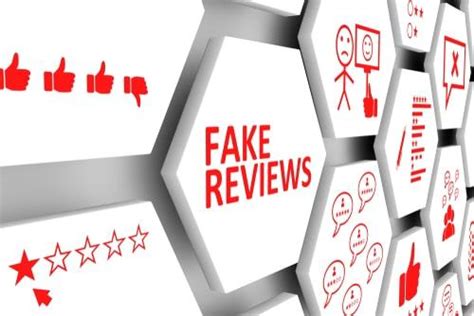
To combat these issues, small businesses can:
- Encourage satisfied customers to leave positive reviews.
- Monitor reviews regularly to address any false claims.
- Utilize reputation management tools to track online presence.
By proactively managing their online reputation, small businesses can mitigate the negative effects of fake reviews.
9. What role do social media influencers play in fake reviews?
Social media influencers can significantly impact consumer perceptions:
- Endorsements: Many influencers promote products based on personal experience.
- Fake Promotions: Some influencers may accept payments to promote products without genuine experience.
- Consumer Trust: Followers often trust influencer opinions, which can be manipulated.
The relationship between influencers and brands can raise ethical concerns:
| Role | Impact |
|---|---|
| Endorsements | Increased visibility for products |
| Fake Promotions | Potentially misleading followers |
| Trust | Influences consumer purchasing decisions |
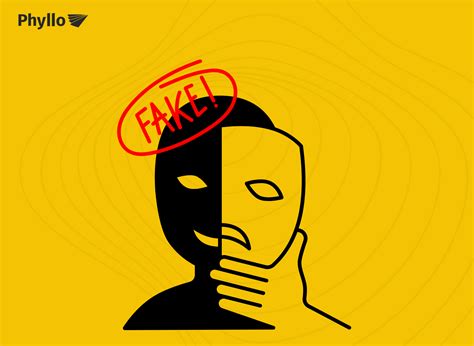
Consumers should be cautious and consider the authenticity of influencer endorsements.
10. What future trends are expected in combating fake reviews?
As the digital landscape evolves, several trends are anticipated in the fight against fake reviews:
- AI and Machine Learning: Enhanced algorithms will identify and eliminate fake reviews more effectively.
- Blockchain Technology: This could ensure the authenticity of reviews by creating immutable records.
- Increased Regulation: Governments may implement stricter regulations on online reviews.
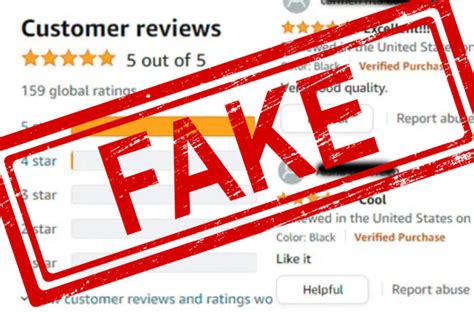
Staying informed about these developments will be crucial for consumers and businesses alike.
Summary Table
| Question | Key Insight |
|---|---|
| Signs of Fake Reviews | Excessive enthusiasm and generic language are red flags. |
| Differentiating Reviews | Check reviewer history and analyze language. |
| Company Motivations | To boost reputation and manipulate rankings. |
| Impact on Consumers | Leads to misinformation and financial loss. |
| Platform Strategies | Verification and AI analysis are key. |
| Consumer Actions | Report reviews and research further. |
| Legal Recourse | Possible under defamation or false advertising. |
| Small Business Impact | Vulnerability to unfair competition. |
| Influencer Role | Can promote authenticity or fake products. |
| Future Trends | AI, blockchain, and regulation advancements. |

